When annoyed and/or angry at a partner, gratitude is the last thing from our minds. We want our partner to acknowledge wrongdoing and apologize for it. And, if we’re honest, we want them to change. For good. It is healthy to work towards greater understanding and it is important to share when you’re hurt with your partner.
But….
We can get trapped in negative feedback loops, which are negative thinking patterns that continue to feed off of each other. For example, if I am annoyed that my partner forgot to unload the dishwasher it is easy for me to continue to remember all the other times they forgot to unload the dishwasher and, come to think of it, all the other important things they tend to forget in general. Before I realize it, I am more angry than I was to begin with because my critical negative thoughts have snowballed into a furious avalanche.
These negative thinking patterns can continue even when couples are not actively engaged in conflict. Think of it as a “default setting” — the way we see our partners, or the “glasses” we choose to wear — can dramatically affect our relationship.
If we are consistently bothered by our partners, we are unlikely to give them the benefit of the doubt when things go wrong. We are unlikely to move towards our partner with an attitude of respect and curiosity. We are more likely to presume guilt until proving innocence.
To challenge a negative “default setting” we need to change our perspective. Instead of allowing our thoughts to criticize and see our partners faults, we can choose to focus on the things we love about our partner. It will feel strange at first, especially if our “default setting” typically slants negative. But as we practice seeing the positive we will find it gets easier and easier. And, over time, we can change our “default setting” from critical to grateful.
Give it a Try
(try this for 15 min/day 1x/ week for two weeks)
Write down up to five things about your partner for which you feel grateful. It’s important to actually write this stuff down as the process of writing helps to deepen the emotional experience. It could be a small gesture (“The way he remembered to set up the coffee so it would be ready in the morning.”) or a more significant example (“She took care of me for a month when I recovered from surgery.”).
As you write, here are a few tips:
Be as specific as possible—specificity is an important part of fostering gratitude. “I’m grateful that my partner made soup for me while I was sick” will be more effective than “I’m grateful for my partner.”
Details details details. Elaborating in detail about your partner for which you’re grateful carries more benefits than a more superficial list.
Think subtraction, not just addition. Consider what your life would be like without your partner. Be grateful for the potential negative outcomes you avoided and the challenges you would face alone.
See good things as “gifts.” This kind of thinking deepens a sense of gratitude.
Savor surprises. Try to record events that were unexpected or surprising, as these tend to elicit stronger levels of gratitude.
This post is adapted from Greater Good in Action , a site launched by UC Berkley’s Greater Good Science Center in collaboration with Hope Lab.

